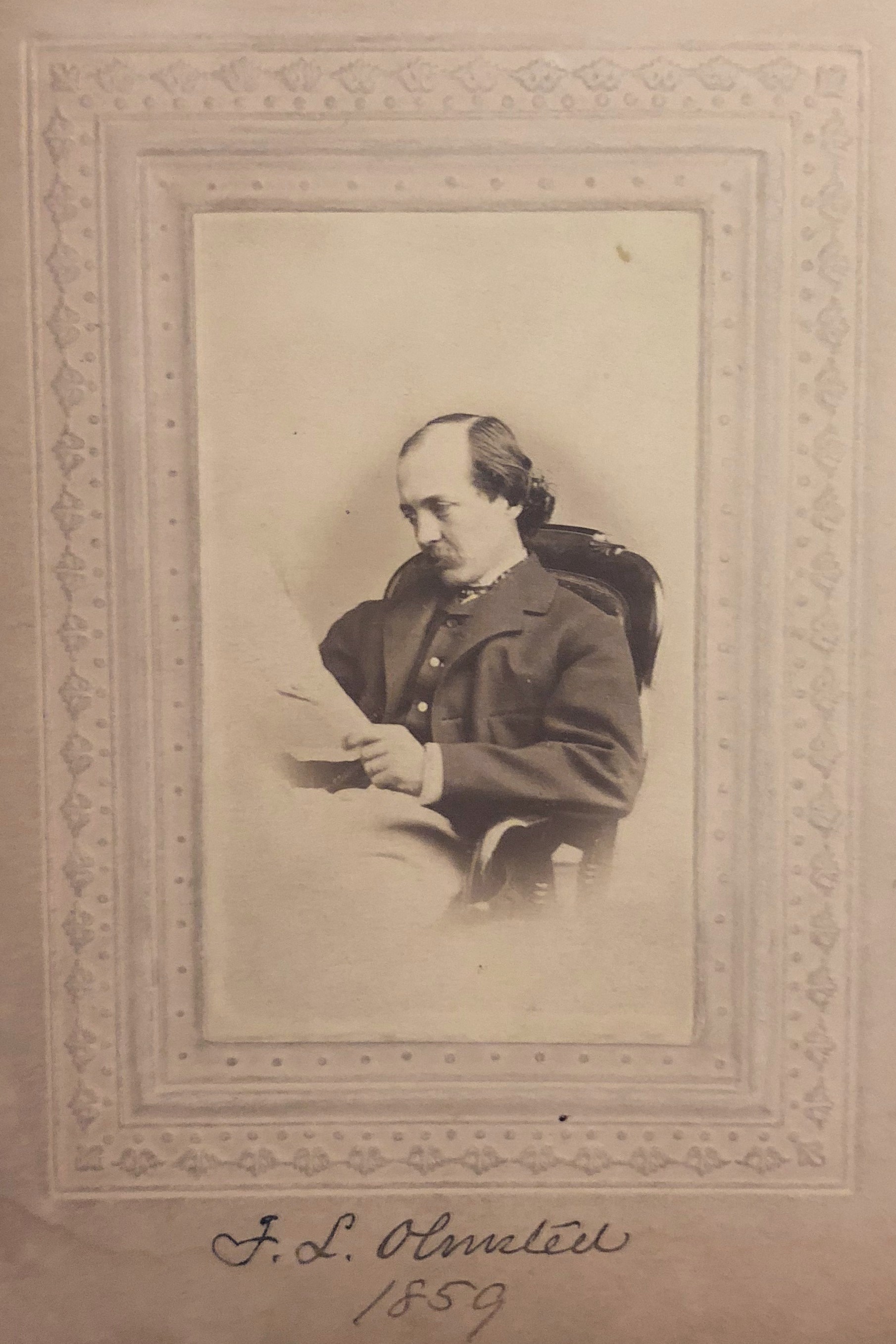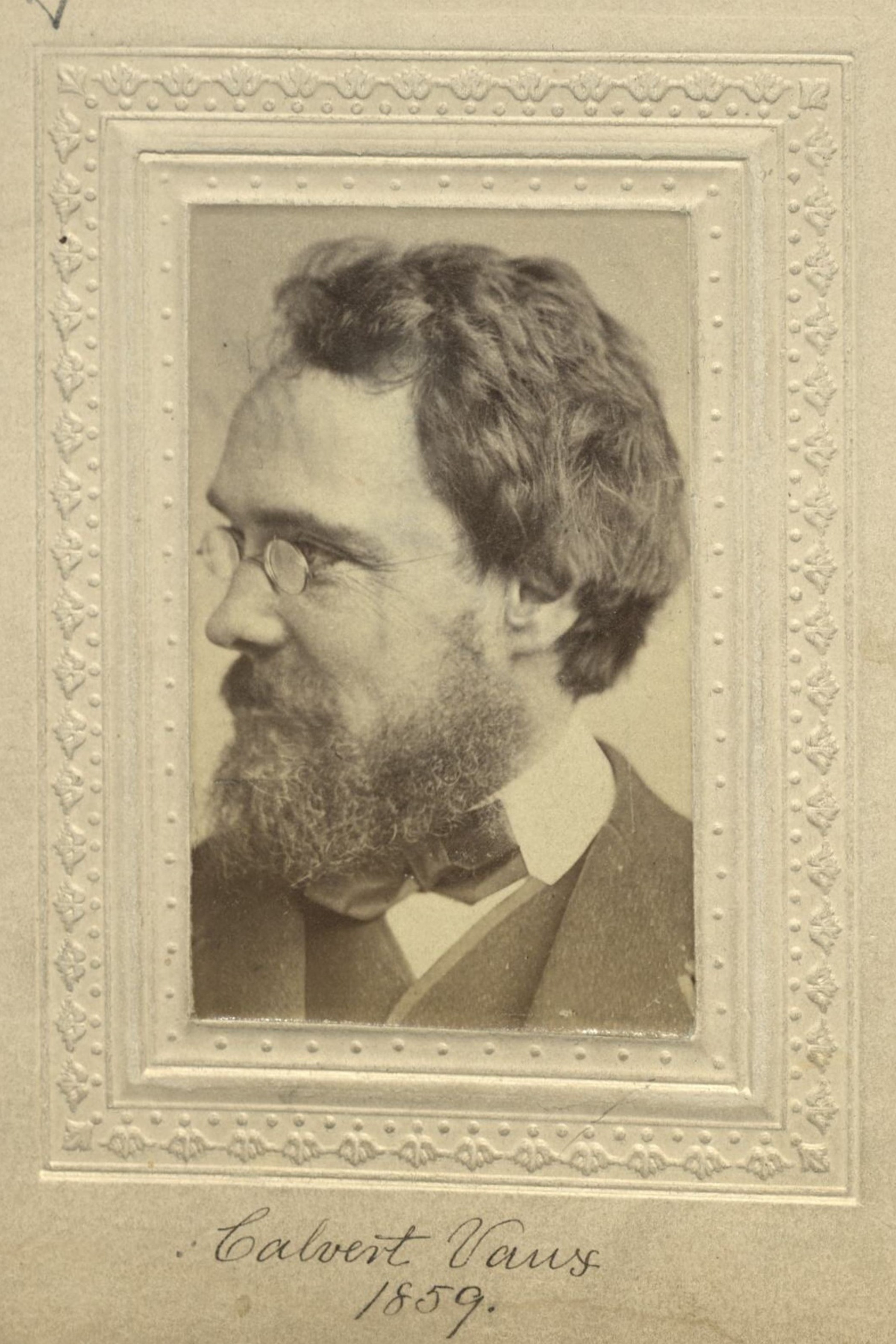Member Directory,
1847 - 1922
Charles S. Sargent
Professor
Centurion, 1888–1927
Frederick Law Olmsted and Calvert Vaux
Boston, Massachusetts
Brookline, Massachusetts
Age forty-seven
Haverhill, Massachusetts

Archivist’s Notes
Grandfather of John T. Sargent
Century Memorial
It is mostly in the few past decades that the rise into nation-wide discussion of the problems of “deforestation” and “reforestation “have brought the science of tree-culture to the front among the useful arts. It is certain to occupy an increasingly important place as the practical consequences of the denuding of our parks and the devastation of our great inland forests confront us. The country cannot restore the vast reserves of virgin growth that it possessed less than half a century ago; agriculture, transportation, the rise of new towns and cities have changed forever the surface of what was then our wild forest areas. But for that very reason, cultivation of new trees in places where old ones either never grew or were too hastily destroyed, creation of new wood-land in the settled communities themselves, even large-scale reforestation of great tracts where wood-production has been a necessary industry, have made practical arboriculture one of our highest arts and sciences. Charles Sprague Sargent was perhaps the greatest among its American practitioners. He never followed any other profession. It is more than half a century since shortly following his Civil War service, he accepted the directorship of the Arnold Arboretum, whose modest bequest of $100,000 as an experiment station in tree culture grew under Sargent’s hands to well over a million dollars. It was recently calculated that more than 6,500 separate varieties of trees, vines and shrubs were on exhibition in the Arboretum, more than one-third imported from other countries. It had become an educational centre of the very highest practical value to the problems it set out to solve—which are among the large problems of our national future.
Numerous signs of the times have pointed to a change in conception of the qualities needed for the administrator of our higher educational institutions. To a considerable extent, the change was in the nature of reversion to an older and for many years discarded idea of what constituted a successful college president. Many of us are not too young to remember from personal association the old-fashioned type of such administrators—their deeply learned, profoundly religious personality; the strong impression left by their character, teaching and conversation on the undergraduate; yet, with all that, a certain lack of contact on their part with the busy world on which the institution had to rely for the resources to promote its continuing development. The spread of belief that the college or university was after all a vastly intricate financial organization, that its head ought to possess at least something of the capacity of the bank executive or the successful company promoter, undoubtedly recognized failure of older collegiate administration to keep step with the changing conditions of the outside world. In the effort to adjust responsible leadership of our colleges to the new requirements, however, it was inevitable that difficulty should arise in preserving the older type of scholarly authority.
Alexander Dana Noyes
1928 Century Association Yearbook


